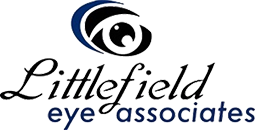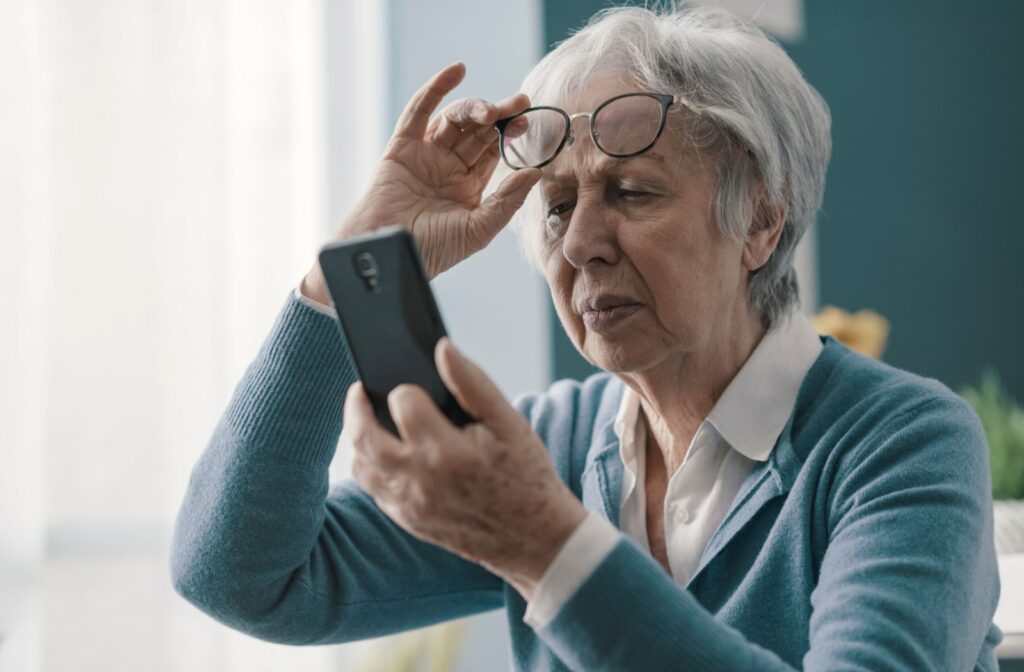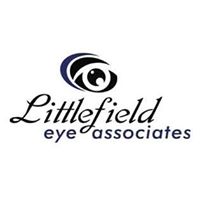Myopia, commonly known as nearsightedness, is a common eye condition, and many wonder if it is possible to outgrow this condition, while others question if it will worsen as they grow older.
Myopia tends to emerge in childhood and worsen as children’s eyes mature. Its progression typically slows and levels off during a person’s late teens or early 20s. In some cases, myopia can progress into high myopia, increasing a person’s lifetime risk of other eye diseases and conditions, including glaucoma and cataracts—2 age-related eye conditions.
While myopia isn’t reversible, some myopia control methods can slow its progression for children to reduce the severity of their vision problems when they reach adulthood.
What Is Myopia?
Myopia is a condition in which people can see objects close to them clearly, but objects far away appear blurry. It typically occurs when the eyeball is too long or the cornea is too curved, causing light to focus in front of the retina instead of directly on it.
Myopia typically develops during childhood and can progress until around age 20, after which the progression tends to slow down. However, in some cases, myopia can worsen further and become high myopia.
What Causes Myopia to Worsen?
Several factors can contribute to the progression of myopia, including:
- Genetics: if a parent has severe myopia, their child may be more likely to develop severe myopia as well.
- Environment: activities such as reading, using electronic devices, and studying for long periods of time can also increase the chances of myopia getting worse over time.
- Lifestyle: a lack of outdoor activity and exposure to natural light may also contribute to the development of myopia.
As people age, the progression of myopia tends to slow down, but that does not necessarily mean myopia will stop affecting your eye health as you get older. Myopia—especially high myopia—can increase your risk of experiencing other eye conditions as an adult, including:
- Cataracts
- Myopic macular degeneration
- Retinal detachment
- Glaucoma
How Do You Control & Slow Myopia?
Myopia control refers to the several treatments, techniques, and strategies that can slow down or stop the progression of myopia in children and young adults. The goal of myopia control is to reduce the likelihood of high myopia and preserve your eye health. Several methods are available to suit your preferences or lifestyle and support your vision health.
Multifocal Contact Lenses
Contact lenses are a common form of myopia correction, but they can also serve as myopia control devices.
Multifocal contact lenses work by simultaneously correcting both distance and near vision, which may slow down the growth of the eyeball by directing light toward the retina. Additionally, some contact lenses designed to control myopia use several focal lengths to create zones of peripheral defocus that help slow eye growth.
Orthokeratology Lenses
Orthokeratology (ortho-k) is a non-surgical procedure that uses specialized gas-permeable contact lenses to reshape the cornea temporarily, allowing the wearer to achieve clear vision during the day without wearing glasses or contacts.
The mechanism by which ortho-k lens slows myopia progression is still being researched, but recent studies have shown support for ortho-k’s ability to help slow and control myopia for children.
Atropine Eye Drops
Atropine eye drops can dilate the pupil and temporarily relax the eye muscles, thus blurring out close-range detail vision and releasing tension in the eyes. Recent research shows that low-dose atropine eye drops can reduce myopia progression by inhibiting the excessive axial length growth of the eyes.
Behavior Therapy & Outdoor Activities
Some studies show that spending more time outdoors and away from near-work activities, such as reading or using electronic devices, may help prevent the initial development of myopia. Behavior therapy and outdoor activities can be effective for preventing myopia development but not for stopping myopia progression.
How Can You Support Your Vision as You Age?
Maintaining a healthy lifestyle and keeping your eyes in mind can help you support your vision as you get older. Some of the habits we recommend include the following:
- Get regular eye exams
- Limit screen time and engage in outdoor activities
- Eat a balanced diet rich in essential vitamins and nutrients
- Take frequent breaks from close work tasks
- Protect your eyes by wearing sunglasses
Wearing eyeglasses or contact lenses with a prescription recommended by your eye doctor can also help reduce strain on your eyes and support your vision health.
Manage Myopia with Frequent Eye Exams
While the progression of myopia tends to slow down as people age, myopia can worsen over time during a person’s early life. Through regular eye exams with the friendly team at Littlefield Eye Associates, we can monitor your vision and track changes in your eyes.
Schedule an appointment for an eye exam to learn more about your options for controlling myopia.





